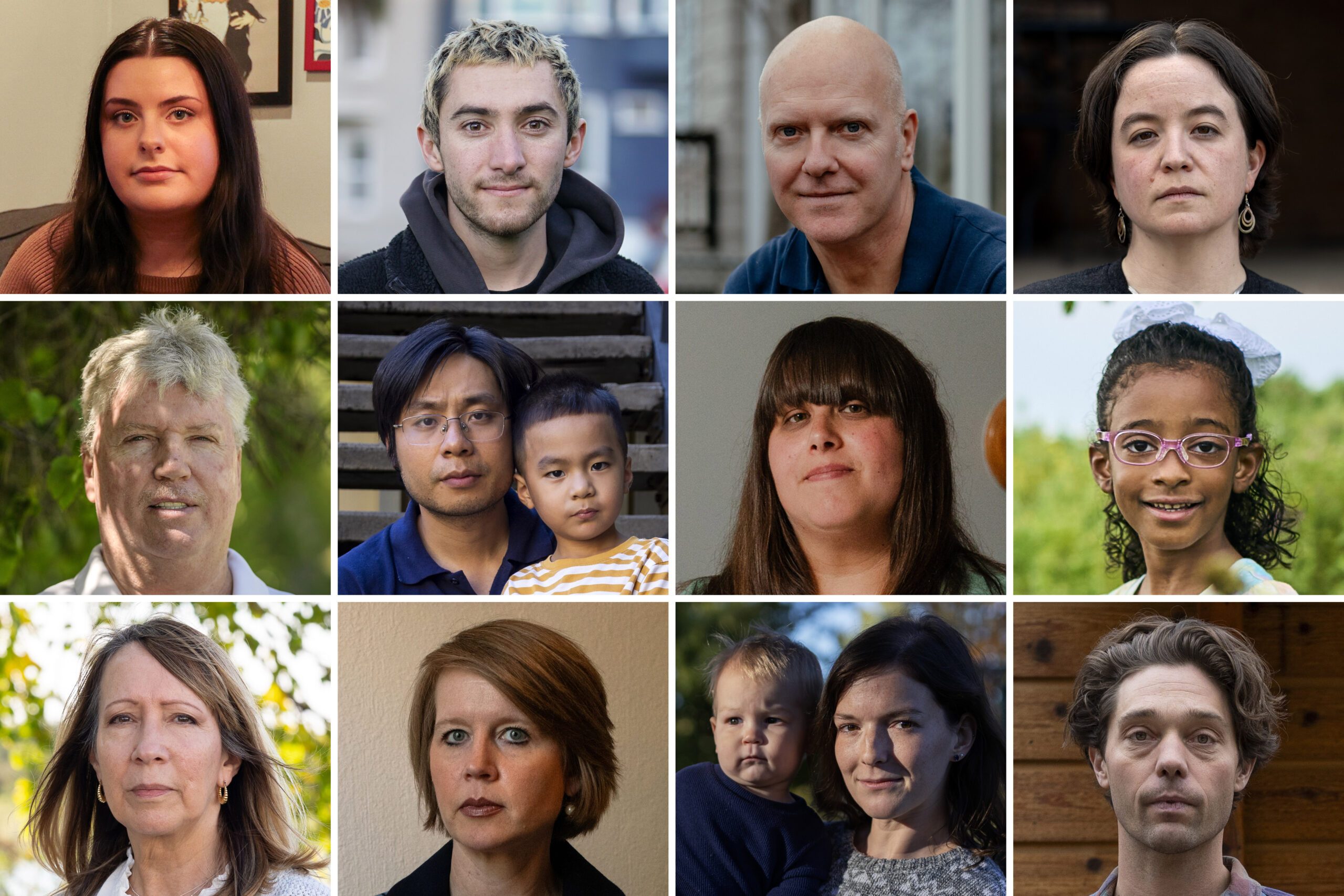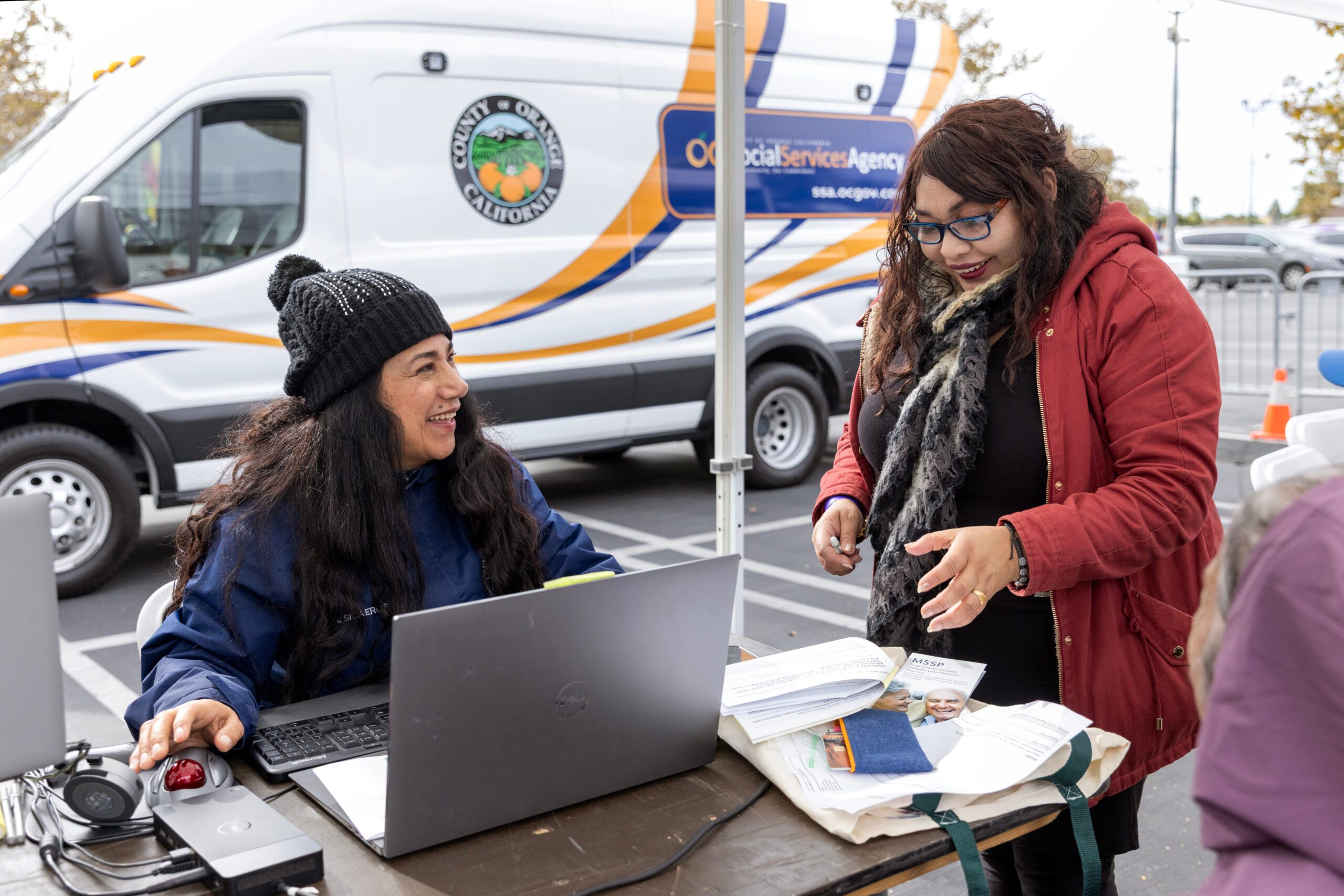Ah, self-love. The answer to everything. Have a problem? Solve it with self-love.
When someone throws an abstract concept like “self-love” at you when you’re actually feeling pretty shitty about yourself… well, it feels like a slap in the face, not support.
At least, historically this is how I have often felt. Lately though, I’m getting a better understanding of what self-love actually means and how to access it. The first step of course is to understand each part separately. What is self? What is love? Then it becomes easier to put them together.
The practice that has given me a concrete understanding of self-love is Internal Family Systems (IFS).
Internal Family Systems
I’ve been practicing IFS, a therapeutic model developed by Dr. Richard C. Schwartz, in my personal therapy for several months now. My therapist, Mara, also uses Acceptance and Integration Therapy (AAIT), a practice of accepting difficulties and integrating both the highs and the lows of life into one’s sense of self.
IFS takes AAIT a step further. Although understanding comes largely through experiencing it, I’ll do my best to explain, and then I’ll share a practice guided by Schwartz himself.
IFS is named Internal Family Systems, but that doesn’t mean there’s a miniature version of your mom, dad, and siblings inside you. It’s a little more abstract than that, but yes, based on the concept of external families.
In IFS, “Self” becomes capitalized. Self is your core being, your inner parent, God, Goddess, life force — whatever works for you. It’s the place from which love comes. You also have “parts” which are the pieces of your inner system that hold emotions and beliefs that we often identify with, but which aren’t the Self.
In the introduction of his book, No Bad Parts, Schwartz describes his process in developing IFS:
“This journey has transformed my beliefs about myself, about what people are about, about the essence of human goodness, and about how much transformation is possible. IFS has morphed over time from being exclusively about Psychotherapy to becoming a kind of spiritual practice, although you don’t have to define yourself as spiritual to practice it. At its core, IFS is a loving way of relating internally (to your parts) and externally (to the people in your life), so in that sense, IFS is a life practice as well. It’s something you can do on a daily moment-to-moment basis — at any time, by yourself or with others.”
And indeed, it’s been all of those things for me: therapy, a spiritual practice, and a life practice. It’s helped me develop love and compassion for myself, and, though I’m not actively doing any “work” around it, I’ve noticed how much more naturally I feel love and compassion towards others, as well.
So what is “Self”?
The first time I got a sense of what “Self” was, I was talking to Mara about the feeling of sadness I wake up with most every morning. She led me through an IFS practice, a sort of collaboratively-guided meditation in which she would prompt me and then I’d respond so she could guide me further, and I had a conversation with this “Sad Part.”
The part shared a memory of being a child who locked herself in her room to escape the chaos of a dysfunctional family — an angry, temperamental mother, a distant and avoidant father, and a bullying older sister. Sad Part spent time picking up and rearranging the items on her dresser, scanning the titles of her books, and gradually finding a sense of peace and centeredness.
“This is your Self,” Mara told me near the end of the practice. I had moved through sadness and had found a place of peace in my childhood bedroom where I was centered and present. “Your “Self” is not the sadness,” she went on, “but the resourcefulness, the one who finds that place of peace.”
Woah. That blew me away. I realized that all the stuff about self-love hadn’t made sense because I didn’t even have a clear understanding of what self was! Suddenly, I was starting to get it. The Self found a way through it all, a way to be okay.
The relief I felt after that session was immense. Moving forward in therapy, everything was different, there was a little more ease as I began to identify what was a part and what was my Self. When you feel anything but love and compassion, it’s a part, not the Self.
I realized that any difficult emotion I might be experiencing wasn’t me. Yes, it was a part of me, but there was a deeper me, which was my Self.
What is love?
The Self is infinitely wise, creative, resourceful, and, most of all, loving.
My Self can understand and empathize with my parts. Of course that little girl was sad, my Self knew — her family was not giving her the love she needed. Sure, they all loved her, in their deeper Selves, but they weren’t able to express that love consistently.
That little girl’s mom might not give her a hug, read her a story, or listen to her when she was upset because she was too busy being angry at her father.
That little girl’s father wouldn’t play boardgames with her, help her with her homework patiently and without criticism because he was too busy avoiding her mother, either within the house or through storming off leaving only dust and the squeal of car tires in the night.
That little girl’s older sister wouldn’t play with dolls with her because she was too busy trying to find some sense of control in the chaos, by lording her power over her little sister.
All of these acts are are expressions of love. My family had failed to consistently give these things to me, but now that I’m an adult, with resources and maturity, I can give that little girl love. I can tell the sad, scared little girl that I understand why she’s sad. I can extend love, compassion, and gratitude to her simply by focusing on the empathy that arises, the care, the warmth, and saying words that communicate it — thank you, I love you, I care about you, I’m grateful for you. I can ask her what she needs, and I can work at giving those things to her.
My inner children ask for things like to go play outside, to take a nap, or to dance in the living room with complete abandon. If I can’t fulfill the request at that moment, I will explain why and promise that I will do it at a future time. I make sure to keep my promises.
Little by little, my inner children learn to trust me, and I learn how to take care of them. These inner children are, in fact, parts of me.
That’s self-love.
—
This post was previously published on medium.com.
***
You may also like these posts on The Good Men Project:
 White Fragility: Talking to White People About Racism
White Fragility: Talking to White People About Racism  Escape the “Act Like a Man” Box
Escape the “Act Like a Man” Box  The Lack of Gentle Platonic Touch in Men’s Lives is a Killer
The Lack of Gentle Platonic Touch in Men’s Lives is a Killer  What We Talk About When We Talk About Men
What We Talk About When We Talk About Men —
Photo credit: Audrey Fretz on Unsplash
The post What Does “Self-Love” Actually Mean? appeared first on The Good Men Project.
Original Article










